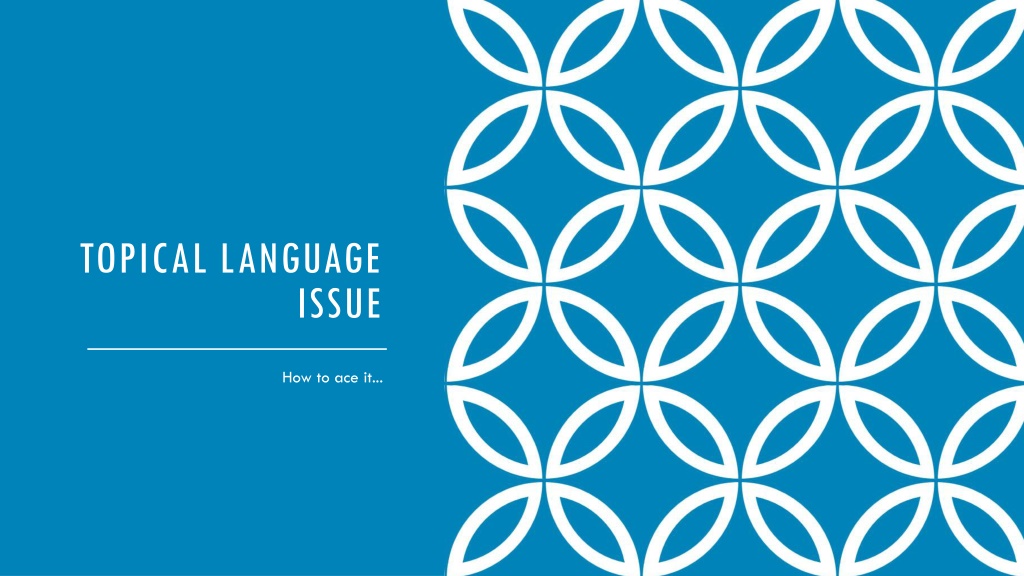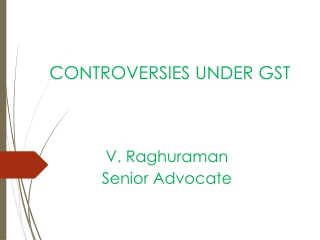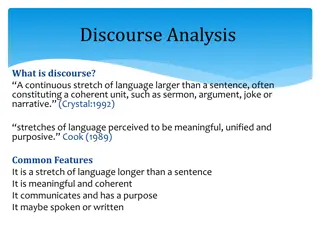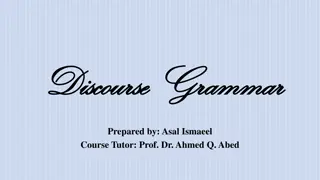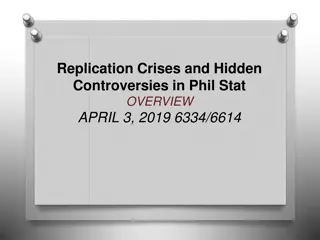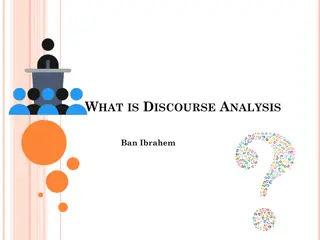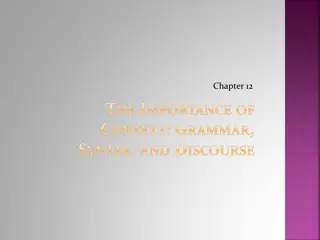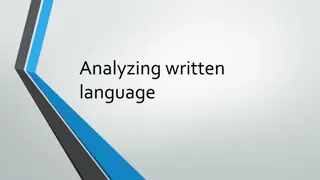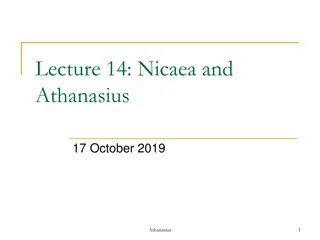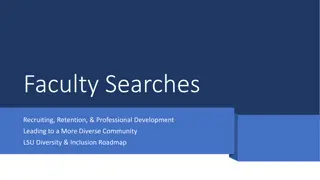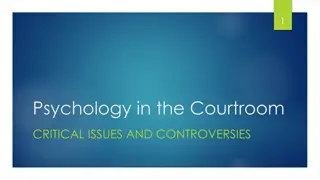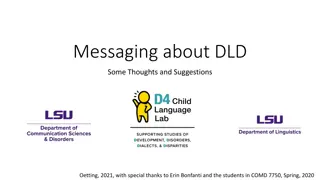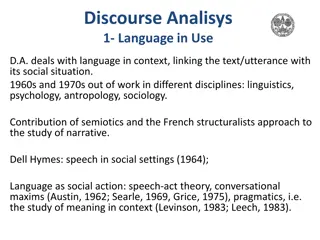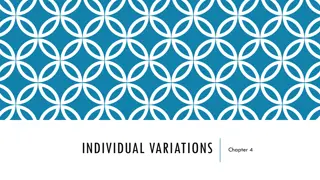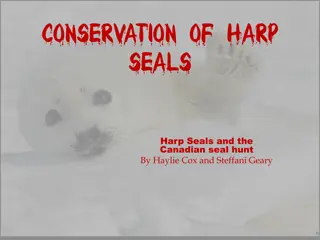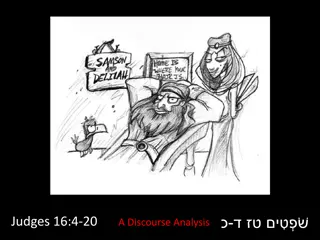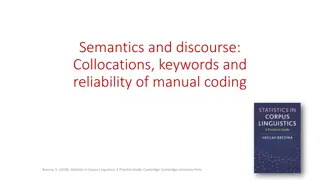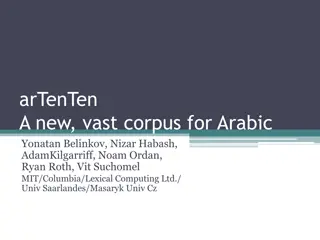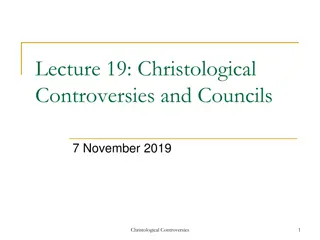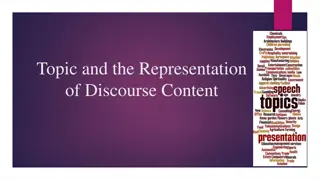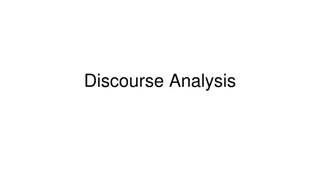Navigating Linguistic Controversies in Modern Discourse
In this guide, you will learn the rules and techniques to excel in topical language writing. From addressing controversial language topics to engaging an intelligent audience, the article delves into the nuances of structuring your writing, using appropriate language registers, and maintaining a current tone. Analyzing features of a thought-provoking article, it explores the impact of technology on the English language, blending humor with insightful commentary.
Uploaded on Oct 09, 2024 | 0 Views
Download Presentation

Please find below an Image/Link to download the presentation.
The content on the website is provided AS IS for your information and personal use only. It may not be sold, licensed, or shared on other websites without obtaining consent from the author. Download presentation by click this link. If you encounter any issues during the download, it is possible that the publisher has removed the file from their server.
E N D
Presentation Transcript
TOPICAL LANGUAGE ISSUE How to ace it...
WHAT ARE THE RULES? You write in a particular genre You write about an aspect of language You write around 500 words You respond to a controversial quotation about language You write for an intelligent but non- specialist audience
HOW DO YOU WRITE IT? WHAT NEEDS TO BE CONSIDERED?
Use an appropriate layout, including headlines, captions, links etc. Mix your register (this is challenging) HOW DO YOU WRITE IT? WHAT NEEDS TO BE CONSIDERED? You'll probably need to inform, persuade and entertain You need to consider your structure You must show an understanding of audience Avoid linguistic terminology but convey linguistic knowledge (also challenging) Avoid anything that makes it sound like an essay such as 'in conclusion' or 'on the one hand' Try to make it current
https://www.theguardian.com/commentisfree/2014/jun/30 /facebook-evil-emotional-study-charlie-brooker
WHAT ARE THE FEATURES OF THIS ARTICLE? Interesting headline through emotive language such as the adjective 'evil' Link to current context contemporary intro Rhetorical question but just the one... Subheading summary Metaphors, alliteration, mixed register, exclamatives, mixed sentence types... Bias shown via adjectives and adverbs Satire Mixed pronouns A clear but implicit (sort of) argument
TECHNOLOGY IS RUINING THE ENGLISH LANGUAGE '2B or not 2B Technology and the linguistic apocalpyse' Horror, Horror! Since the rise of texting, the terrified cries of prescriptivists can be heard the world over whether it's in the stuffy columns of the Daily Mail or in the asterisk-littered replies in internet comment sections. The death of the English language is nigh! Brevity, initialisms and the emoticon a haven for illiterates. Except, our friend William Shakespeare would disagree. Even keen to make his poetry fit into that pesky ten syllable metre, Bill would regularly appreviate. 'Tis perfectly acceptable I'th'name of poetry after all. And, while the Bard may not have had emoticons to play with, he did enough with the language he had. In fact, and here's a cool piece of trivia, Shakespeare neologised (that's linguistic-talk for invented) more new words than the Bible. Not bad for a glove-maker's lad.
CONT... Abbreviations and initialisms have existed for as long as language itself ('okay' to 'OK' for example) and language would be unable to develop were it not for neologisms. Though deemed laughable today, without the made-up words of the Bard, we would have no 'gossip', no 'champion' and, perhaps most devastating of all, no 'hobnob'. Unthinkable indeed! Perhaps the finger of blame for the freshest bout of fear of this lexical armageddon can rest on the shoulders of the Oxford dictionary who recently named the crying with laughter emoji as Word of the Year 2015. Even the dictionaries are at it now! Those keepers of the keys of linguistic certainty; guardians of what is right and proper; knights in the battle against misspelling are turning their collective backs on the good old ways. All is lost. Or so the prescriptivists pine. But there's no reason why an emoji can't be considered a word. Indeed, many other languages around the world have been utilising symbols with relevance to their meanings for centuries. I would go further and argue that the addition of new emojis and abbreviations to the English language only add more depth and versatility to our already rich mother tongue. Much like any word, the emoji is comprised of units of meaning in this case the smile, the tears, the shape of the eyes and yet achieves this without the use of letters. With this in mind, the emoji is a indeed a word. The real question is 'can it be considered an English word?' Or is it not 2B?
WHAT'S GOOD ABOUT IT? WHAT WOULD YOU GIVE IT? AO2 (knowledge) - /12 AO5 (creativity) - /12
MARKS AND COMMENTS AO2 AO5 Assured on knowledge and understanding with well-chosen examples and exploration. Takes a critical angle but a little under- developed - 10 Well-constructed, appropriate to form and audience. Terms are glossed and it is well-pitched. Has flair - 12
NEW QUESTION... 'Although it has been a long struggle, we now live in a society where language, at least, does not discriminate in terms of gender' What content do you want to draw on? Consider this first. You're now ready to plan your style and argument before writing. Give yourself 45 minutes
